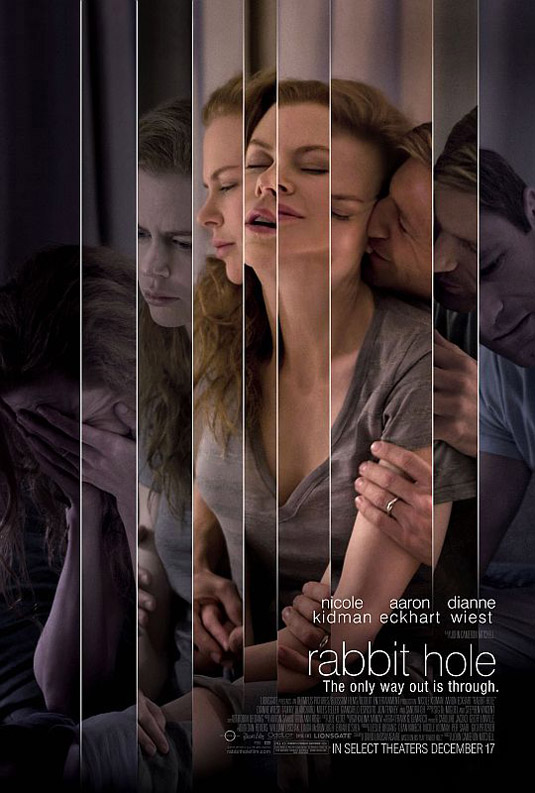Tyler Perry’s films frustrate critics and commentators, who are bothered by the awkward mash-ups of high melodrama and low humor and by what many people think is an exaggerated and biased portrayal of men as abusive, neglectful, incompetent, and/or disloyal. And yet, their unprecedented success — he has never had a flop — shows that they speak to the audience in a powerful way. His new film, the first based on material from another writer, reflects a more literary ambition but it is likely to create the same divide between those find that it feels true to their experience and those who think it still aims too low and is likely to perpetuate prejudice inside and outside the African-American community.
Ntozake Shange (born Paulette Williams) was only 23 years old when her groundbreaking “choreopoem” called “for colored girls who have considered suicide/when the rainbow is enuf” first astonished audiences in 1975. The ferocity and rage of the theatrical experience spoke to generations of women, especially women of color, who felt for the first time that they were seeing themselves and people they knew center stage. There was no Oprah back then. The idea of a black woman speaking honestly about her struggles for respect from others and from herself felt revolutionary.
The play’s characters were symbols, their only names the colors of the clothes they wore. They spoke very frankly about topics seldom addressed publicly, much less on stage, and much, much less from the woman’s side of the experience: rape, molestation, betrayal, and oppression. With dance and poetry they expressed their longing for love and acceptance despite the best efforts of individuals, religious organizations, and society at large to make them feel less than beautiful and less than lovable. This was an era when “the personal is political” was a mantra for women who were beginning to question millennia of traditional notions of what they were and how much potential there was for them.
A great deal has changed since 1975, including the emergence of Perry, one of the choreopoem’s biggest fans and clearly influenced by it, as a major power player in Hollywood. Perry has become an omnimedia mogul with live theater, DVDs, films like “Diary of a Mad Black Woman” and “Madea Goes to Jail” and the television series “Meet the Browns” and “House of Payne,” along with the best-seller, Don’t Make a Black Woman Take Off Her Earrings: Madea’s Uninhibited Commentaries on Love and Life. The very power behind and in front of the camera, with nine well-known actresses, provides some counterpoint that puts at risk the unrelenting direness of these characters’ lives.
And yet, these words and these stories may still resonate with any woman who has struggled to love herself enough to expect and deserve love from others. While the nine main characters in and out of each other’s lives have their own stories, they can be seen as different aspects of one woman, or of all women. Tangie (a sizzling Thandie Newton) is almost feral as a bartender who uses men for sex, thinking it makes her the strong one. Her mother, Alice (Whoopi Goldberg), who thinks she gets strength from religious fervor and judgment. Alice is furious with Tangie but thinks that her other daughter, Nyla (the incandescent Tessa Thompson), is close to perfect. Which is why Nyla can’t tell Alice the truth about how much trouble she is in.
Crystal (Kimberly Elise) thinks she has the strength to care for her children, her demanding employer, and the man in her life who loves her deeply but is mentally unstable following his experience in the military. Juanita (Loretta Devine) does not know if she can trust the man she loves. Jasmine (Anika Noni Rose) does not know that she cannot trust the man who seems so gentlemanly. Kelly (Kerry Washington), a social worker, is the only woman in this film who has a man she can trust and rely on, is so concerned about whether she can conceive (due to abuse from another man) that she neglects one of her clients, with tragic consequences. And Gilda (Phylicia Rashad) sees it all and does her best to warn, to teach, and to help.
Perry just sketches in enough story to provide settings for the poetic monologues and he shows some appealing delicacy in balancing the gritty reality of the women’s lives with the more lyrical qualities of their speeches, beautifully delivered by actresses of great talent and beauty. At its best, it has a dreamlike quality and some of the speeches are beautifully done. The film makes a brave effort to show that the victims of abuse have to take responsibility for acting as enablers. But some of the material seems as outdated as the title, and the unrelenting melodrama gets out of hand near the end with an unfortunate speech about being sorry that does not work, despite the best efforts of Janet Jackson. Perry clearly cherishes all of these women, the performers on screen and the characters they play, and the sincerity of his devotion to them and to the material keeps what is on screen watchable even when it does not work as a film.


